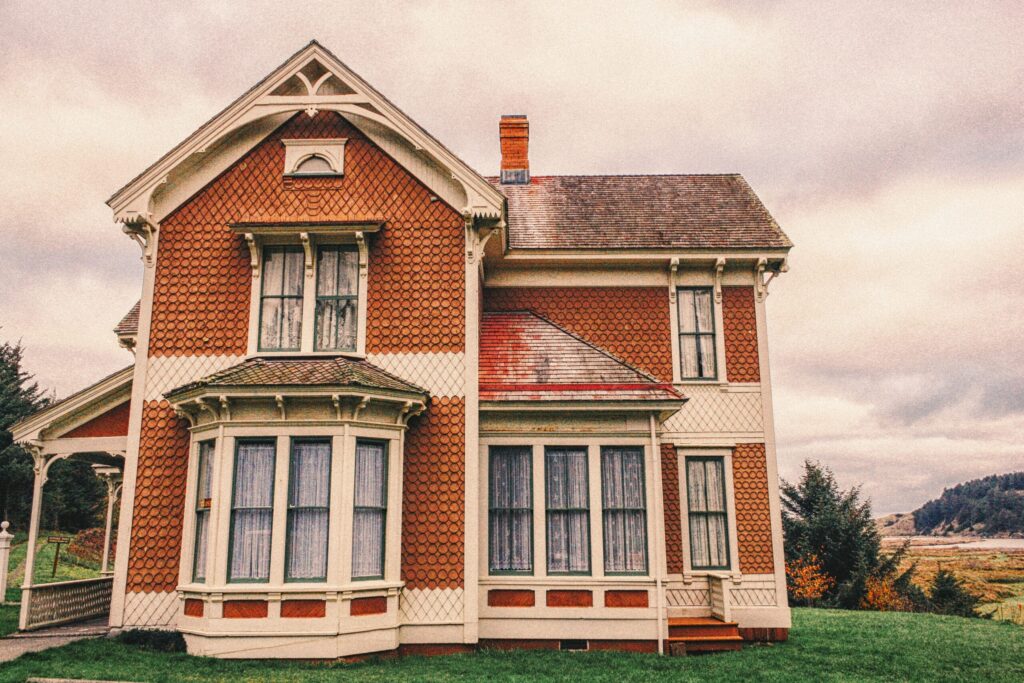If you’ve ever experienced a leaky roof or damp walls in your home, you know how stressful and costly it can be. Waterproofing is an essential aspect of home maintenance, especially in areas like Durbanville, where the climate can be harsh and unpredictable. In this article, we’ll explore effective waterproofing solutions for residential buildings in Durbanville and what you need to know to prevent water damage and save money in the long run.
The Importance of Waterproofing for Residential Buildings in Durbanville
Durbanville is known for its hot, dry summers and cold, wet winters, which can wreak havoc on your home’s structural integrity. Water damage not only creates unsightly stains and odors but also weakens the bonds of your building materials, causing further damage over time. In worst-case scenarios, water damage can lead to health hazards such as mold and mildew growth, which pose a risk to your family’s health.
The Waterproofing Process
Before we dive into specific solutions for waterproofing your residential building, it’s important to understand the basic process. Waterproofing the exterior and interior of your home involves the following steps:
- Preparation – Before any waterproofing can take place, it is essential to remove any damaged materials, debris or mold that have accumulated on your home’s surface.
- Cleaning and Priming – To ensure proper adhesion, surfaces need to be cleaned and primed before the application of the waterproofing membrane takes place.
- Application of Waterproofing Membrane – This usually involves spraying or rolling a liquid membrane or roof coating onto your home’s exterior and interior walls, floor, and roof surfaces.
- Inspection – After the membrane has cured, it is essential to inspect the application to ensure complete coverage, proper adhesion, and the absence of defects.
The Best Waterproofing Solutions for Residential Buildings in Durbanville
Durbanville experiences high rainfall and humidity levels, so it’s essential to choose waterproofing solutions that are designed to handle these conditions. Here are some of the best options:
1. Torch-On Waterproofing
Torch-on waterproofing is a popular option for Durbanville homes, and for a good reason. This system is a rubberized bitumen membrane applied to the roof and exterior walls, making it highly resistant to rain, hail, and wind. It is especially effective for flat roofs because it’s seamless, flexible, and can withstand foot traffic.
2. Liquid Rubber Coating
Liquid rubber coating is a versatile and durable solution that works well on both flat and pitched roofs, as well as walls and foundations. It’s easy to apply and cures into a seamless, waterproof membrane that can expand and contract with temperature changes. It even offers UV protection, which makes it excellent for areas like Durbanville, where the sun can be harsh.
3. Polyurethane Injection
Polyurethane injection is an excellent solution for Repairing cracks and leaks in concrete and masonry walls. This solution involves injecting a polyurethane foam into the cracks, which expands and fills the voids, creating a watertight seal. It is useful for basements, retaining walls, floors, and parking decks.
4. Cementitious Waterproofing
Cementitious waterproofing involves applying a cement-based mixture to your home’s surface, which creates an impenetrable barrier against water intrusion. The mixture comprises a blend of cement, sand, and chemicals that react together to form a dense, waterproof layer. This solution works well in Durbanville’s climate because it can withstand harsh weather conditions.
5. Bentonite Waterproofing
Bentonite waterproofing is a unique solution that involves the use of bentonite clay, a highly absorbent material, which comes in various forms like panels or sheets. It works by swelling and forming a solid, moisture-impermeable barrier in the presence of water. This solution works well for foundations, walls, and basements.
FAQs
How long do waterproofing solutions last?
The lifespan of waterproofing solutions depends on several factors, including the product, installation quality, and environmental conditions. However, most waterproofing solutions typically last between 10 to 20 years.
What should I do if I notice water damage in my home?
If you notice any signs of water damage, such as wet walls, mold growth, or peeling paint, it’s crucial to take action immediately. Inspect your home for any visible leaks or damage, and contact a professional waterproofing Contractor to address the issue before it gets worse.
Can waterproofing solutions help reduce energy bills?
Yes, properly waterproofing your home can help reduce energy bills by preventing hot or cold air from escaping from your roof or walls. It can also prevent moisture from seeping in, which can reduce humidity levels and make your home more comfortable.
Conclusion
Waterproofing is a vital aspect of home maintenance that can save you money, time, and headaches in the long run. By investing in the right waterproofing solutions, such as torch-on waterproofing, polyurethane injection, cementitious waterproofing, liquid rubber coating, and bentonite waterproofing, you can ensure your residential building in Durbanville is protected from water damage. Remember, prevention is always better than cure, and a little investment in waterproofing solutions can go a long way!

